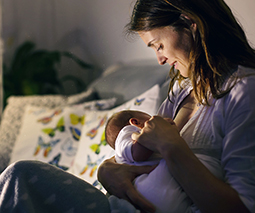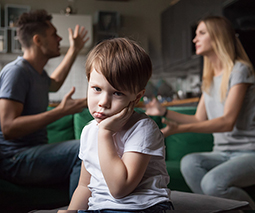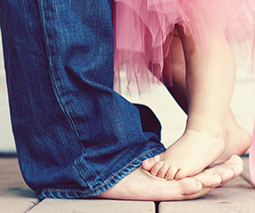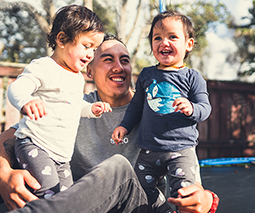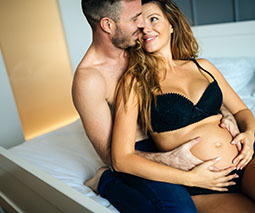‘Postnatal psychosis led to my marriage breakdown’
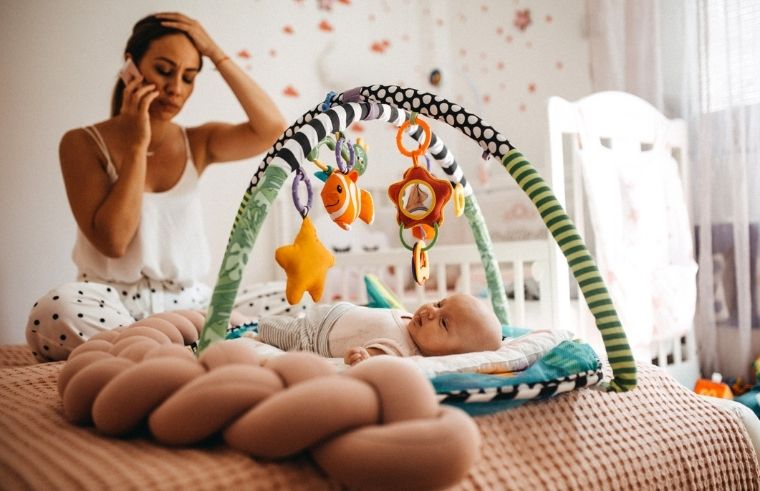
“When you have a baby, you set off an explosion in your marriage and when the dust settles your marriage is different from what it was.” – Nora Ephron.
Settling into life as new parents can test even the strongest of relationships – something that often takes couples by surprise. With limited time to spend together, the steep learning curve of caring for a little one and the torture of sleep-deprivation, it’s not hard to see why.
But what happens to a relationship when you add the stress of a mental health condition? That’s the question a team of researchers set out to explore, noting that while “10 –15 percent of new mothers experience postpartum psychiatric episodes (PPEs), no previous studies have investigated the effects of this on the probability of divorce.”
The results, published in The Journal of Clinical Psychiatry highlighted that in a Danish sample of 266,771 women, new mothers diagnosed with a postpartum mental health condition had a higher probability of divorce in the years following their diagnosis than mothers who did not experience a postnatal mental illness.
“Not only are the women at higher risk of adverse outcomes directly from their psychiatric diagnosis, but their families also appear to be vulnerable in the subsequent years,” the authors write.
Dr Nicole Highet, Founder and Executive Director of Centre of Perinatal Excellence (COPE) says the ongoing stress of caring for a loved one with a perinatal mental health issue can certainly take its toll.
“There’s often a fear that the person will never return as they were,” she says, adding that “when one parent has been diagnosed with a mental condition, the other is more likely to develop a mental health condition too.”
First-time mum, Shayda* was diagnosed with postnatal psychosis after her baby was born. Recovery was slow and gruelling, and she was heavily reliant on her husband, Nick* and her parents.
“I’d cry the moment he left the house every morning,” she says, “dreading how I was going to fill the day and do the most basic of activities – showering, feeding myself and my son. This became our pattern: he was coming home to what once was supposed to be our family home, now occupied by a zombie wife and her interfering parents.”
But while Nick juggled work and the responsibility of caring for his wife and baby, he refused to seek help for himself. “He was very angry about what happened to me and perhaps more ashamed and embarrassed than I could understand”.
It was when the couple began discussing a second child, something Nick wanted and Shayda didn’t, that their relationship began to break down.
“I think it was then I realised that even though he’d been there through everything, something in him would never understand just how badly broken I was.”
And while the pair had some marriage counselling, Shayda notes, “I was done.”
“I’d retreated into my little shell. He had gone from my greatest supporter to someone who made my life hell, although I genuinely believe he didn’t want to do that. I was consumed with guilt that I couldn’t make him happy after he had stood by me.”
The couple separated and have since divorced. “We’re fortunate to be able to co-parent the most beautiful little boy very well together.”
Mum–of–three Louise* who also experienced postnatal psychosis after the birth of her baby, says that while she and her partner are still together, there have been many times when she wanted to walk away.
“Where do you start again in your relationship when your illness has you believing that your partner was out to hurt your baby? How do you build the trust again?”
According to Louise it takes time – and plenty of reflection. “Eventually you both realise that those thoughts weren’t you, they were the illness.”
And while they did consider separating, she says they reconnected for their children. “Knowing that we still love each other and that it’s my illness not me, helps us to battle it together no matter how hard it gets.”
Dr Highet says it’s important to be proactive and initiate conversations early rather than waiting in the hope that things will improve on their own.
“If you’re not proactive about restoring what you have, there is the risk you’ll begin to emotionally distance from one another, making it even harder to reconnect,” she notes. “This can create a rift, which if left long enough, can feel too difficult to repair.”
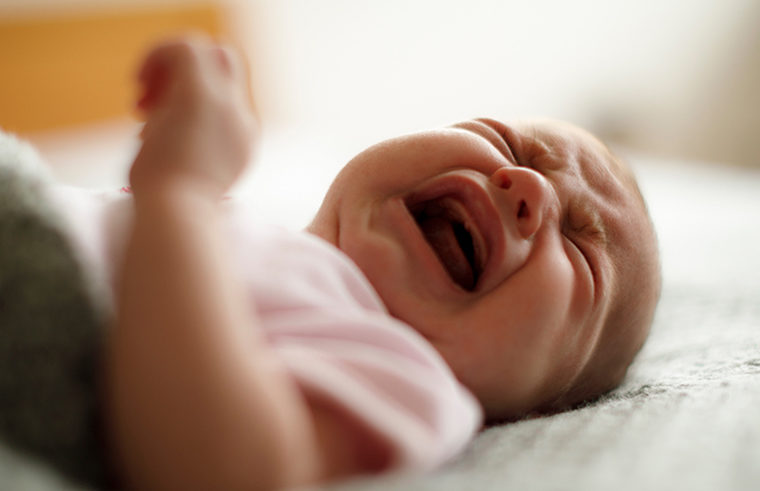
COPE’s tips for couples managing postnatal mental illness
- Be aware of the dynamics of your relationship and be proactive. This might involve needing to have to difficult conversations early.
- Draw on the practical and emotional support from family and friends when you can – this can lessen the load and reduce stress.
- Learn what you can about the condition. This will help you to understand and provide a context for symptoms and behaviour.
- Be prepared for setbacks – treatment of mental health conditions is not always as simple, quick or straight forward as treating physical health conditions. The process of treatment may include having to trial different medications, treatments and/or health professionals, which is all about learning what works and what doesn’t for the person. This can all take time, persistence and patience.
- Identify triggers that may make things more difficult and consider ways that you can reduce their impact.
- Celebrate progress – sometimes when you are both living through the experience, as your partner begins to recover, you begin to forget how bad things were initially. Take note and celebrate small gains along the way. This can remind you both that progress is being made and encourage you to keep going.
*Names have been changed
For more information on perinatal mental health and your relationship, visit cope.org.au.
COPE’s Ready to COPE guide also prepares expectant and new parents for the emotional and mental challenges of parenthood – including how to identify perinatal mental health problems and how to support a loved one.
Sign up to the free newsletters here: https://www.cope.org.au/readytocope/
To find a list of professionals specialising in relationship counselling in your area, search the e-COPE directory.
If you feel you or someone you know is in immediate crisis, please call 000. Otherwise, Lifeline can also help on 13 11 14.

